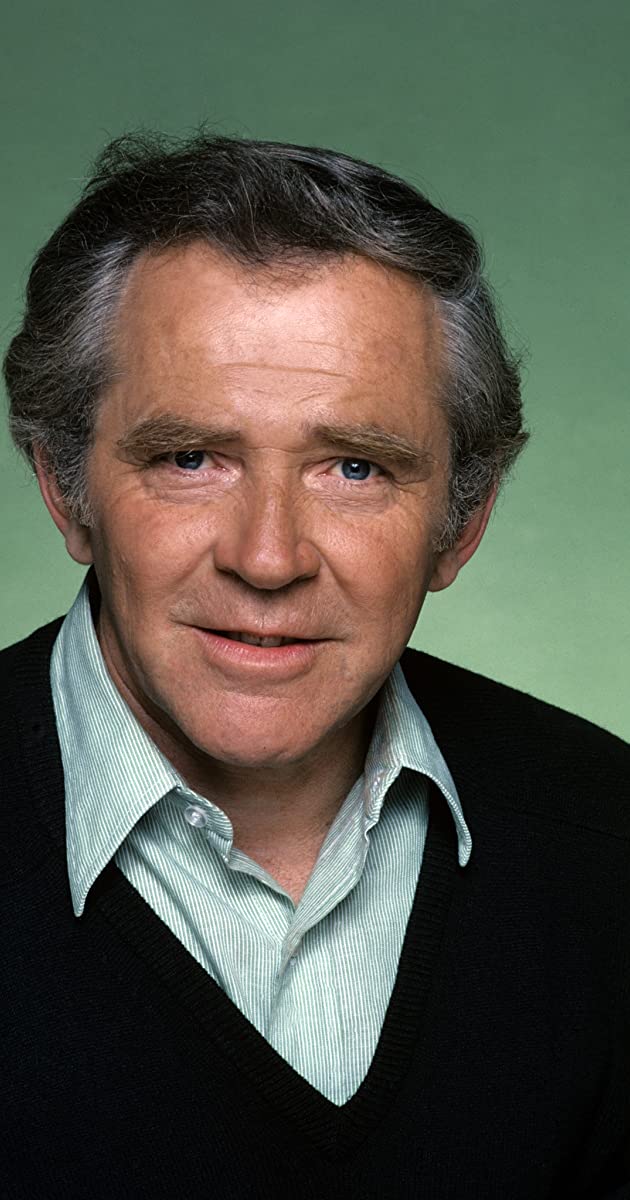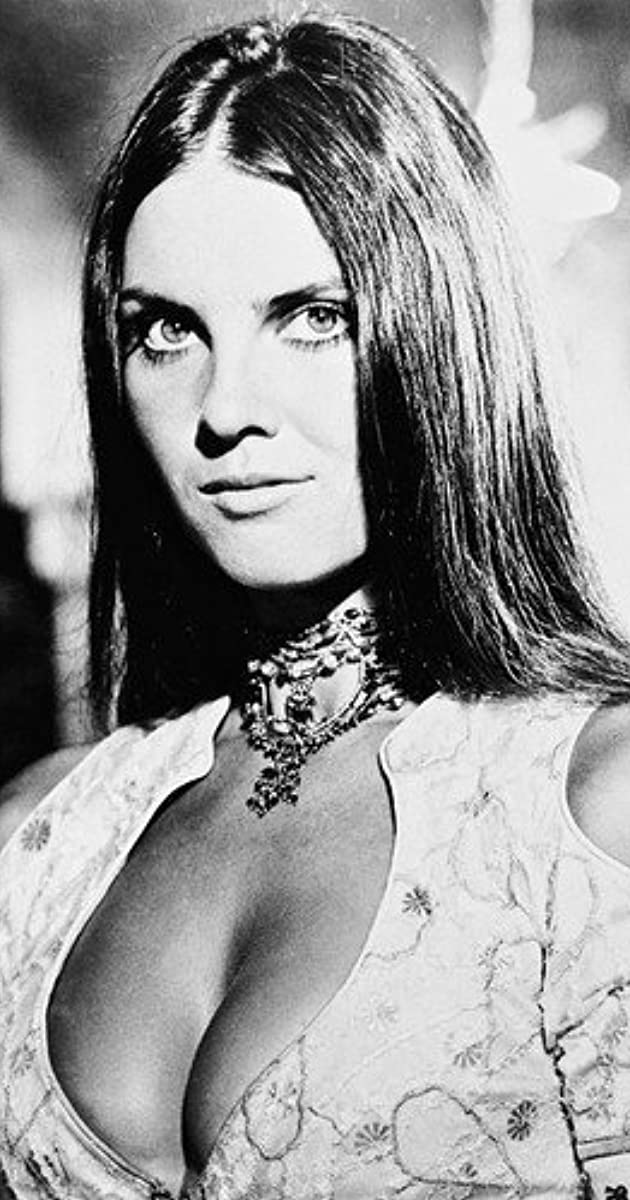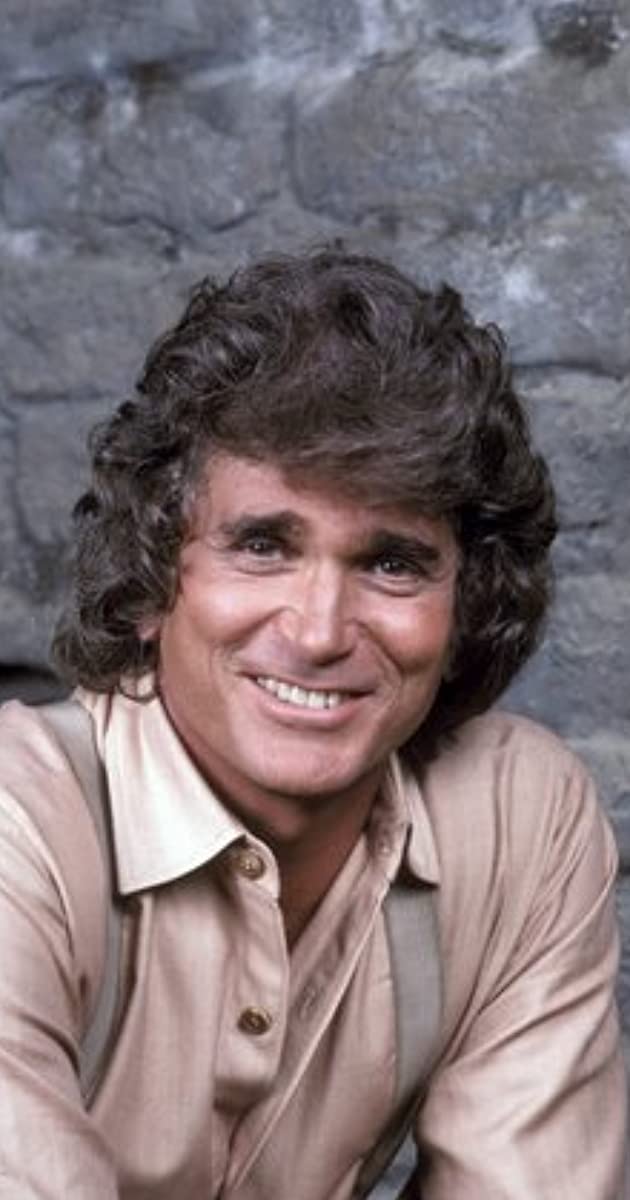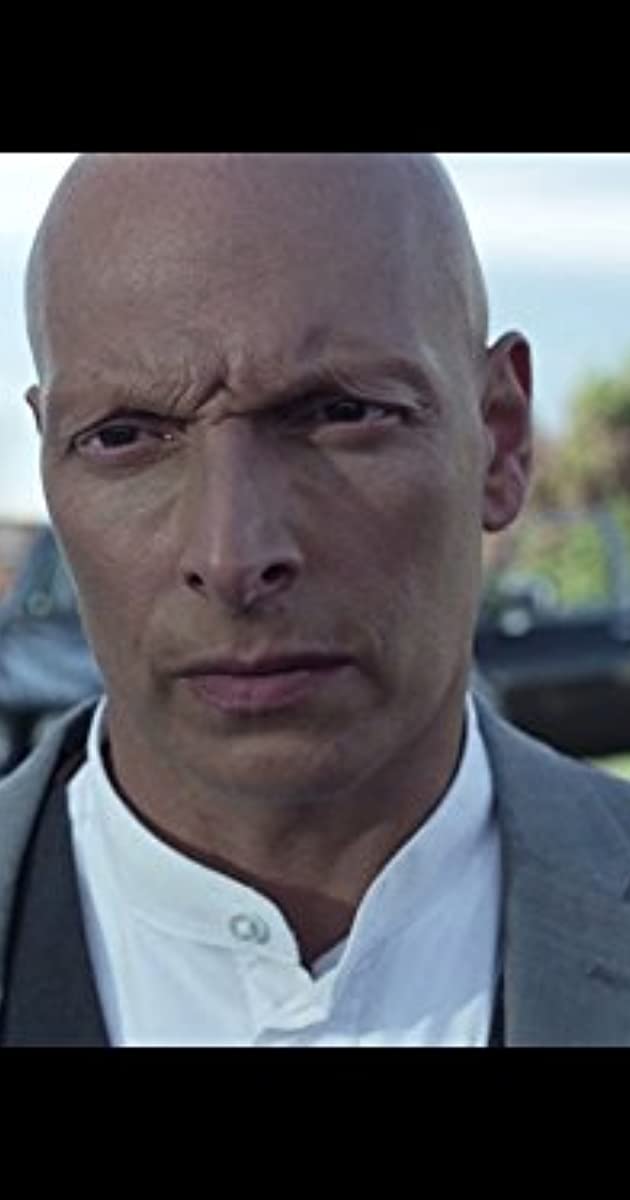
James Joseph Broderick III was an American actor, of English and Irish descent. Broderick was born in Charlestown, New Hampshire, to James Joseph Broderick II (1895-1959) and his wife Mary Elizabeth Martindale. His father was of Irish descent, while his mother had both English and Irish ancestry. Broderick’s father was a highly-decorated veteran of World War I.
Broderick attended Manchester Central High School, in Manchester, New Jersey. He then attended the University of New Hampshire, where he took pre-medical courses. In 1945, the 18-year-old Broderick interrupted his studies. He joined the United States Navy during the closing months of World War II, enlisting as a pharmacist. He was discharged in 1947, during the post-World War II demobilization of the United States armed forces.
In 1947, Broderick returned to his studies at the University of New Hampshire, as junior pre-med student. His life changed course when Broderick auditioned for a pat in a theatrical production of the University. His acting skills gained him the leading role of Captain Bluntschli,the cynical mercenary officer in the play “Arms and the Man” (1894) by George Bernard Shaw.
J. “Joe” Donald Batcheller served as Faculty advisor to the student drama club, and was impressed with Broderick. Batcheller arranged a meeting between Broderick and the experienced actor Arthur Kennedy (1914-1990), who happened to be an old friend of Batcheller. Kennedy gave Broderick a few acting tips, and advised him to attend the “Neighborhood Playhouse School of the Theatre”, a full-time professional conservatory for actors in New York City. The faculty there included Sanford Meisner (1905-1997), the acting teacher who developed the so-called “Meisner technique” of acting.
Following his acting studies, Broderick was ready for a professional career. He was mostly a theatrical actor, but started appearing in television productions in the 1950s. He was cast in the leading role of Officer Ernie Brenner in the crime drama “Brenner” (1959-1964). The series featured a father-son duo of New York City police officers. The father was Roy Brenner (played by Edward Binns), a hardened, cynical veteran of the police force, with over 20 years of service. The son was Ernie Brenner (plated by Broderick), an optimistic young man, who was was only starting his career.
Another highlight of Broderick’s television career was the episode “On Thursday We Leave for Home”(1963) in the anthology series “The Twilight Zone”. In the episode, the residents of a failed space colony request transportation back to Earth. But the colony’s leader desperately tries to keep them there, unwilling to relinquish power. Broderick played the character Al Baines, the engineering officer who unsuccessfully tries to rescue the former leader, after everyone else abandons him.
In the 1960s, Broderick started appearing in theatrical films. Highlights of his film career include the roles of the bohemian-commune leader Ray Brock in “Alice’s Restaurant” (1969), the motorman (rail vehicle operator) Denny Doyle in the hijacking-themed film “The Taking of Pelham One Two Three” (1974), and the FBI agent Sheldon in the crime drama “Dog Day Afternoon”.
In the late 1970s, Broderick gained a new leading in television, playing the lawyer and proverbial pater familias Doug Lawrence in the drama series “Family” (1976-1980). The series mainly focused on the family problems of the Lawrence family. Doug’s wife Kate had quit a promising academic career to get married, and felt frustrated with the life of a homemaker. The elder daughter Nancy had divorced a philandering husband, and was struggling as a single mother. Younger daughter Letitia (nicknamed “Buddy”) had body-image issues, and considered herself abnormal. The family’s only living son Willie was a high-school drop-out and had no intention of getting a full-time job. The family was also mentioned to be still mourning another son, Timothy, who had died years earlier.
Broderick’s last acting role was the television film “The Shadow Box” (1980), an adaptation of a play by Michael Cristofer. In the film, Broderick plays Joe, a man dying from an incurable disease and, trying to understand why his wife and son refuse to keep him company.
In the early 1980s, Broderick himself was suffering from cancer, and his poor health prevented him from accepting more roles. He died in 1982, due to cancer. He was survived by his wife, the painter Patricia Biow Broderick (1925-2003), and their three children. Broderick’s son Matthew Broderick(1962-), followed in his father’s footsteps and became an actor.


